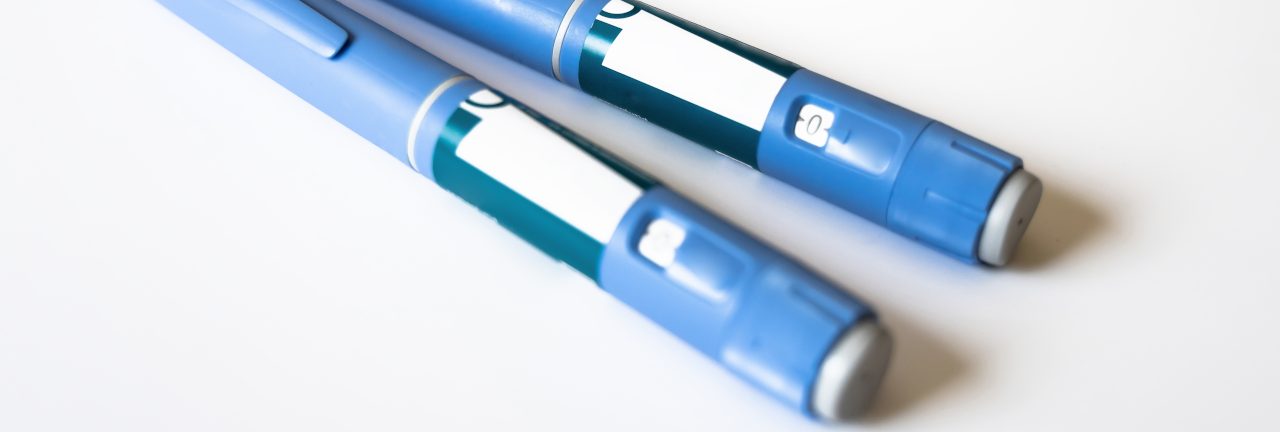In recent studies, interest has been growing in the possible use of Semaglutide (sold as Ozempic, Wegovy, and Rybelsus) to treat addiction. Semaglutide is part of the new class of drugs, called GLP-1 receptor agonist drugs. While it is approved for use in diabetes and weight loss, there’s a possibility it can curb addiction.
The active ingredient, Semaglutide, was initially developed to treat diabetes. It works by stimulating the production of insulin to keep blood sugar levels in check. Additionally, there are anecdotal reports from patients taking Semaglutide for weight loss, suggesting it reduces appetite and food cravings. It’s because of this active ingredient that researchers are studying how this can be used for addiction treatment.
The rationale for studying GLP-1 agonists in addiction treatment stems from the overlap between the pathways that regulate hunger and those that mediate addiction. Both involve the brain’s reward systems which play a significant role in the pleasure and reinforcement of behaviors, including eating and drug use.
“”There’s really been a large number of clinical and anecdotal reports coming in suggesting that people’s drinking behaviors are changing and in some instances pretty substantially while taking [Ozempic or Wegovy],”” says Christian Hendershot, a psychologist and addiction researcher at the University of North Carolina.
Researchers have observed that by modifying the activity of these reward centers, GLP-1 agonists could potentially reduce the cravings that lead to the compulsive consumption of alcohol and other drugs. Preliminary animal studies have shown promising results, with drugs like Semaglutide reducing alcohol intake in rodents.
In addition, human trials are currently underway, with early anecdotal evidence supporting the theory that these medications could help manage addiction. Some individuals on GLP-1 agonists for diabetes or weight loss have reported a diminished urge to consume alcohol or engage in other addictive behaviors. These reports have fueled further clinical investigations into whether these drugs could serve as a tool in addiction therapy.
